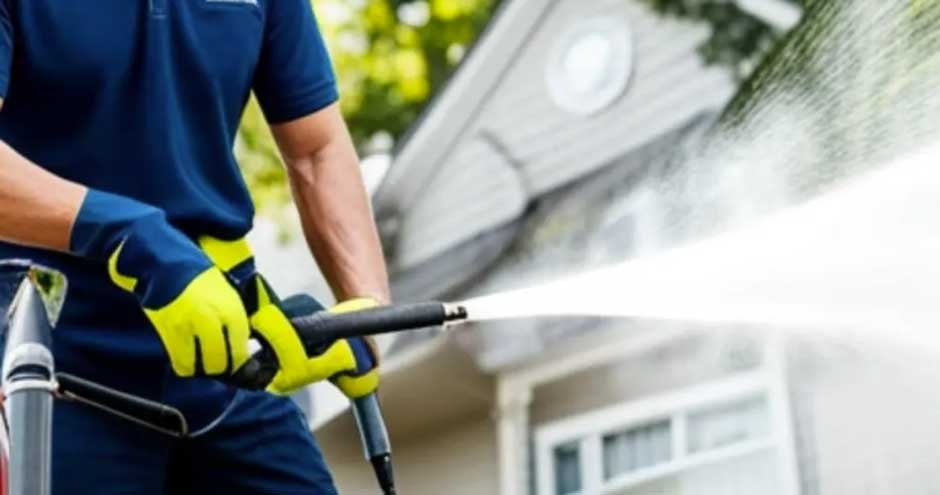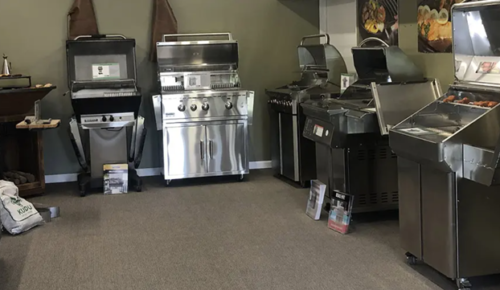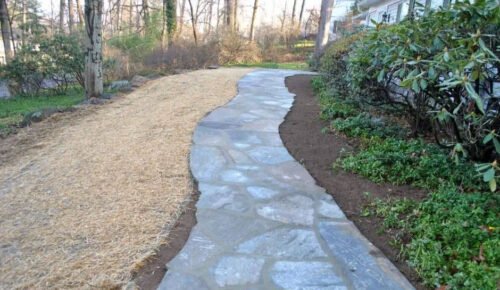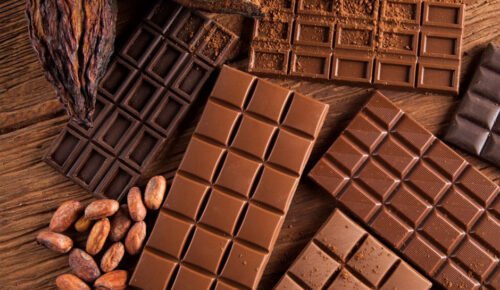Dirt that builds up on the outside of your home over the years can be difficult to get out with chemical cleaning products, and that’s where power washing, or pressure washing comes in. This cleaning method uses high-pressure water to remove dirt, grime, mold, mildew, algae, and other contaminants from surfaces. Power washing uses a motorized pump that sprays water at a pressure of 1,300 to 3,000 pounds per square inch (psi), which is much stronger than a regular garden hose. Typically, this method is successfully used to clean driveways, sidewalks, decks, siding and patios.
While proper power washing Toronto removes deep-seated dirt and stains, it can also be dangerous if used improperly. Some surfaces may be damaged by high pressure or may not be suitable for this cleaning method. Consult with professional power washers before choosing power washing for:
- Wood Surfaces
While power washing can effectively clean wood decks and fences, too much pressure can cause splintering, cracking, or damage to the wood fibers. It can also remove protective sealants, leaving the wood vulnerable to weathering. If power washing is necessary, it’s important to use a lower pressure setting or soft washing techniques.
- Vinyl Siding
If the power washing has been done at too high of a pressure or without the right angle, it can cause cracks or loosen the siding panels. Additionally, water can be forced behind the siding, leading to mold growth or structural damage. A gentler wash or using an appropriate nozzle attachment is recommended to avoid these issues.
- Roofing, especially asphalt shingles
Power washing is not recommended for roofs as it can lead to water being pushed under the shingles, which may cause leaks or water damage. When the roofing is made from asphalt shingles, high-pressure water can strip off the protective granules from the shingles, reducing their effectiveness and lifespan. A safer alternative for roof cleaning is using a soft wash system, which uses low pressure and cleaning solutions to remove dirt and algae.
- Painted surfaces
Surfaces with old or fragile paint, such as wooden siding or antique furniture, can be damaged by power washing. High pressure can peel or chip away the paint, requiring a repaint or additional repair work. Low pressure or hand cleaning is a better option for delicate painted surfaces.
- Windows and Screens
The force from power washing can shatter glass windows or damage window screens, especially if the pressure is too high or the nozzle is held too close. It is safer to use a garden hose or soft cloth to clean windows and screens.
Make sure you have alternative cleaning methods for these surfaces and all the necessary equipment, and be prepared to invest some time. Stone, concrete or brick will be cleaned perfectly well with a power washing.




























